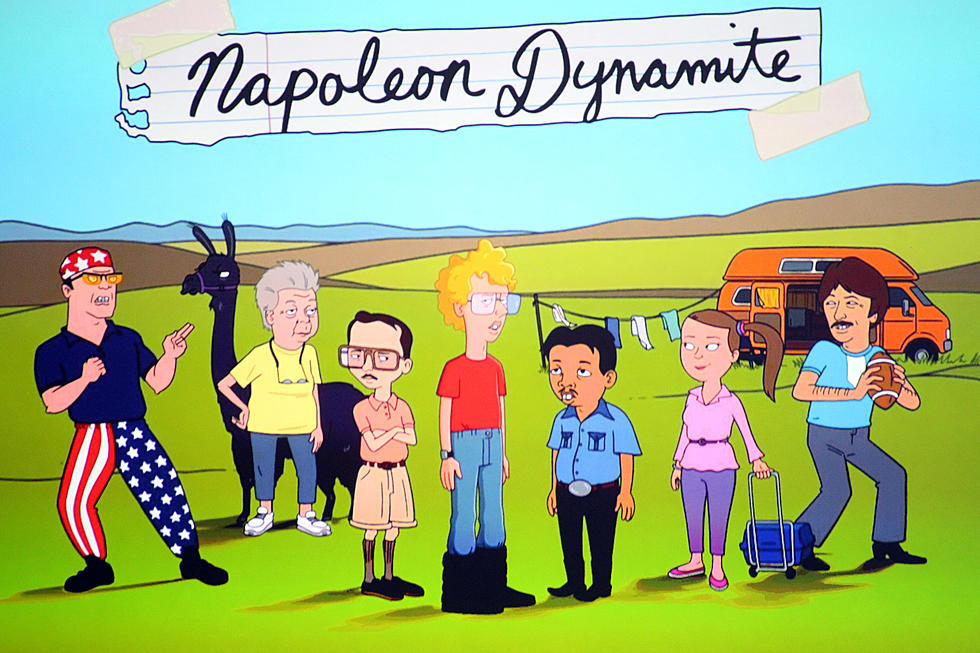
This Is Why I’m A Geek
The 3rd annual Geek'd Con is coming up August 18-20 at the Shreveport Convention Center. It will be my first time to experience the event, and I'm pretty geeked up about it. Since I was a little kid, I've had a love affair with science fiction.
My love of sci-fi began in 3rd grade when I read The Wonderful Flight to the Mushroom Planet. As an 8-year-old I thrilled to the adventures of David and Chuck as they built a spaceship from scraps of tin and wood and flew to Basidium-X with the enigmatic Mr. Bass. When they arrived on the planet they found that it was covered with mushrooms and populated by little green people who were dying because of a mysterious illness. The boys then met the king of the planet and through their ingenuity saved the inhabitants from extinction.
For a long time, that's what science fiction was to me--the good people of the human race benevolently saving others from certain disaster. That was before dystopian sci-fi became popular. From Soylent Green, to The Hunger Games and The Strain, much science fiction predicts a dire future for the human race. (Soylent Green would have us reduced to food to feed the teeming masses--"Soylent Green is people!")
Don't get me wrong, I like dystopian science-fiction. I like pretty much all science fiction--from Philip K. Dick and Isaac Asimov, to Dean Koontz and Neil Gaiman. But there's a special place in my heart for Star Trek. Gene Roddenberry's vision for the original series was relentlessly optimistic. In his imagined future, the people of Earth would move past their differences and unite as one race--the human race. Working together we would solve the problems of poverty and disease. Instead of using our energy to fight wars, we would band together and use our strength in unity to strive for enlightenment through the exploration of space. To seek out new life and new civilizations. To boldly go where no one has gone before.
From its inauspicious beginnings, there's no way that Roddenberry could have foreseen how successful the universe he created would become. The original series debuted on NBC in 1966 and only lasted three seasons. By the third season, Roddenberry had resigned in disgust after the network moved Star Trek to the Friday night "death slot" and slashed its production budget.
Syndication is what saved Star Trek. Through re-runs, a cult following was spawned and Trekkies were born. These die-hard fans became the impetus that would propel the franchise into the juggernaut is has become. The Star Trek canon now includes The Original Series, an animated series, four spin-off television series, 13 movies, and an all-new series coming to CBS. Star Trek: Discovery debuts on September 24th with a two-part premiere on the CBS television network. The rest of the 15-episode first season will air on CBS All Access.
My love affair with science fiction and fantasy endures. Tonight I'll be sitting down to watch new episodes of Game Of Thrones, and The Strain. And on September 24th, you can bet I'll be in front of the tube ready to take a wonderful flight to whatever planet the Star Trek crew is headed.
BTW--don't forget to join us for Geek'd Con, August 18-20th. I'll not only be working the event, I'll also be attending as a fan. I'll be right there getting autographs from The Incredible Hulk and Lady Deathstrike. And I'll probably ask Billy West to do the Red M&M for me. I mean Ren & Stempy are cool and all, but the Red M&M is iconic.
More From K945, The Hit Music Channel









